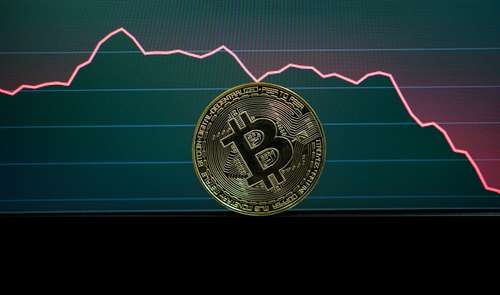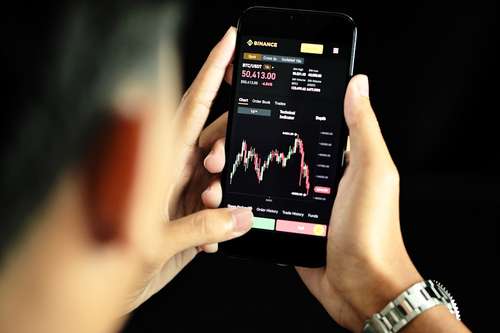Less than 2% of remittances to El Salvador use the government-run Chivo bitcoin (BTC) app and wallet, and less than a year after their debut, bitcoin ATM booths there are "empty." But according to the authorities, a lot of people still use the app.
One of El Salvador's top publications, El Diario de Hoy, claimed that "few Salvadorans use the Chivo app and the ATMs to receive remittances."
The media outlet frequently opposes President Nayib Bukele's administration and his aspirations to adopt bitcoin. It cited Central Reserve Bank data demonstrating that USD 120.46 million entered the nation through cryptocurrency wallets between September 2021 and June 2022.
That amounts to barely 1.8% of the USD 6.4 billion in remittances sent to the country during the same time period, the majority of which were sent by Salvadorans living abroad.
The data also reveals that USD 29.68 million was transferred in BTC through digital wallets in October 2021, one month after El Salvador legalized bitcoin as currency. However, senders have only sent little more than USD 20 million per month since then. In some months, that figure fell to around the USD 10 million mark.

However, despite the media outlet's apparent desire to portray a sharp decrease in BTC remittances, one month's data did stand out: in May of this year, BTC worth USD 15.6 million was sent from abroad to El Salvador, a significant increase from the previous month.
Remittances are frequently higher than usual in May, the month that Mother's Day falls, according to the media outlet.
However, this would still suggest that, barely ten months after Chivo's introduction and the BTC adoption law, a small but significant proportion of people are already adopting BTC as a remittance method, according to optimists.
The Central Reserve Bank reportedly refused to say whether the figures represented Bitcoin sent via Chivo alone or whether they also included data from other Bitcoin wallets. The data was made available to the EFE news agency.
According to the agency, this information has been "placed under secrecy."
El Diario de Hoy, on the other hand, asserted that "in the center of" the nation's capital San Salvador, the majority of Chivo ATM booths "look empty," and that "few Salvadorans" come to staff members to inquire about how to operate machines.
Others appear hesitant to use the program to "make transactions," the media outlet continued.
The same article asserted that numerous establishments in downtown San Salvador have taken down their "bitcoin accepted" signs, which they had only recently posted.

However, those who are eager to pen Salvadoran BTC obituaries risk becoming a bit too trigger-happy.
After pictures and video of what appeared to be workers disassembling a Chivo booth in San Salvador started to circulate online last week, social media outlets were inundated with reports about how the booths were being "dismantled."
This turned out to be a false alarm, as the booth was merely being moved a few meters, and it appears to be operating normally once more.
Despite this, there are indications that the app has not been as successful as the government had planned. The app's technical leadership changed earlier this year, and its social media presence is largely dormant.
The Minister of Finance, Alejandro Zelaya, has responded by claiming that Salvadorans “continue to use” both bitcoin and the Chivo wallet.
Zelaya also denied that any Chivo booths were being pulled down, saying instead that El Salvador's adoption of BTC still had "more stages to be taken."
According to a survey released in April by the American National Bureau of Economic Research, 20% of Salvadorans were still using the Chivo Wallet.




